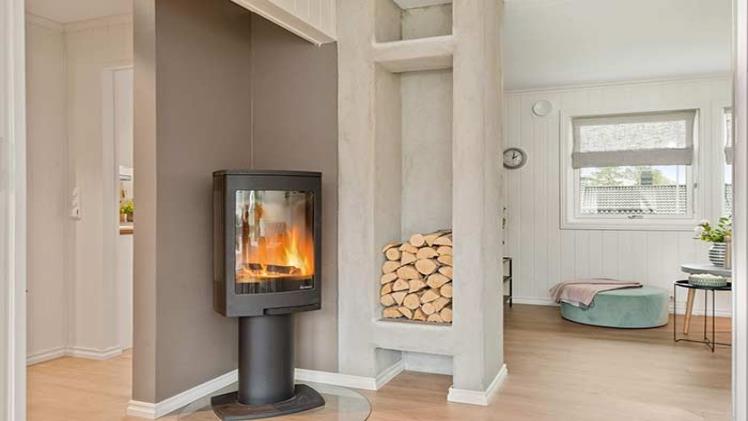With endless debates about when you should turn the heating on in light of the cost-of-living crisis and other factors, heating is a surprisingly hot topic.
At the end of the day, heating your home is something to be encouraged. It helps you reside in a safe, comfortable living environment and can help to stave off unwanted issues with your property. On top of this, a poorly heated home can expose you to health conditions, making it a serious matter in some cases.
Ideally, rooms should be heated to at least 18 degrees during the winter. This is especially important if you are less mobile, are older or have health conditions.
A well-heated home can…
- Reduce health risks (e.g. chest infections from breathing in cold air)
- Improve your quality of life
- Help you live comfortably
- Reduce the risk of damp or mould
- Prevent pipes from freezing during the winter
And here’s how you can heat your home more effectively to save money…
Check your boiler
Your boiler is fundamental to a well-heated home. That’s why it’s so important to keep it in good condition. Take the time to check that your central heating pumps and other components are functioning properly by looking out for anything that doesn’t seem right.
If you have a suspicion that something isn’t working properly and that your home isn’t heating up efficiently, don’t hesitate to call in a plumber or heating engineer. Otherwise, you could face higher bills and higher repair costs if issues become worse over time. The health of your boiler is key to how effective your heating is.
Work out where you need it most
Often, the heating will be needed in some rooms more than others. If you’re working from home in the office for example, you won’t need it on in the bedrooms or living rooms, so you can adjust the dial on your radiator accordingly.
However, if you’re at home during the weekend, you might spend more time in other rooms and can switch the heating priorities as needed. Whenever you switch it on, do a quick mental check of how you can prioritise your heat and go from there.
Think about additional ways of staying warm
Remember that electric radiators can be used to boost the heat in certain rooms. On top of this, good old fashioned jumpers and blankets can mean you’re less reliant on turning your heating up. You can even get heated blankets if you want to take things up a notch!
Remember, if you need advice on how to handle rising heating bills, you can view tips from the Energy Saving Trust or contact Citizens Advice. Having a warm home during the colder months isn’t something you should have to compromise on.

